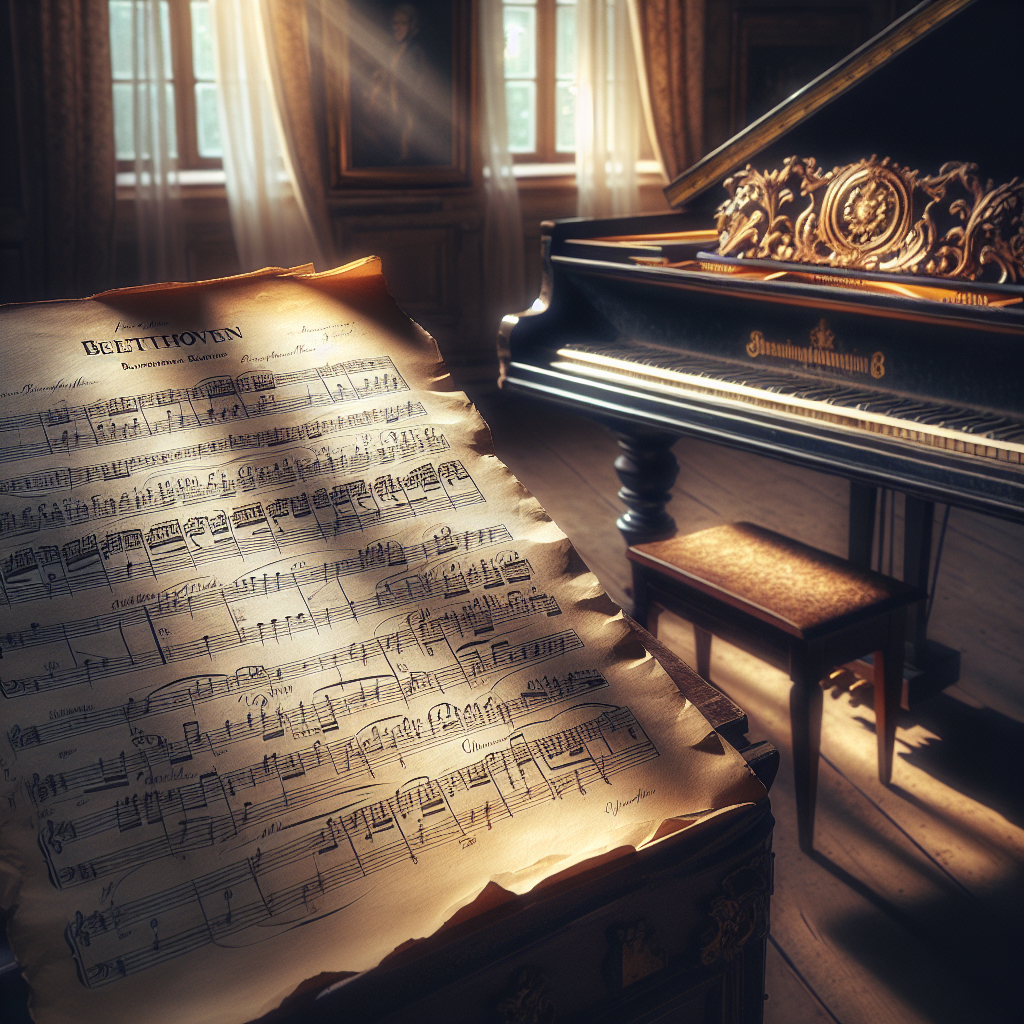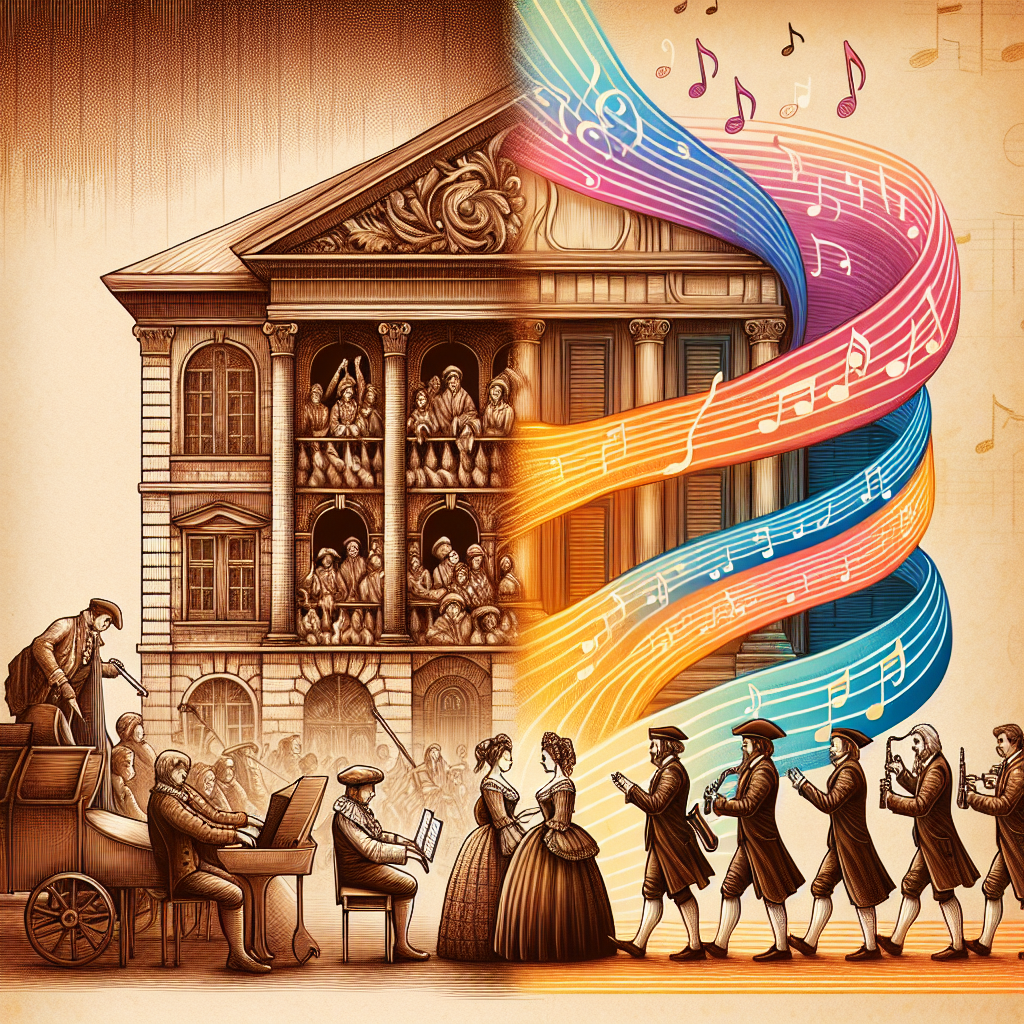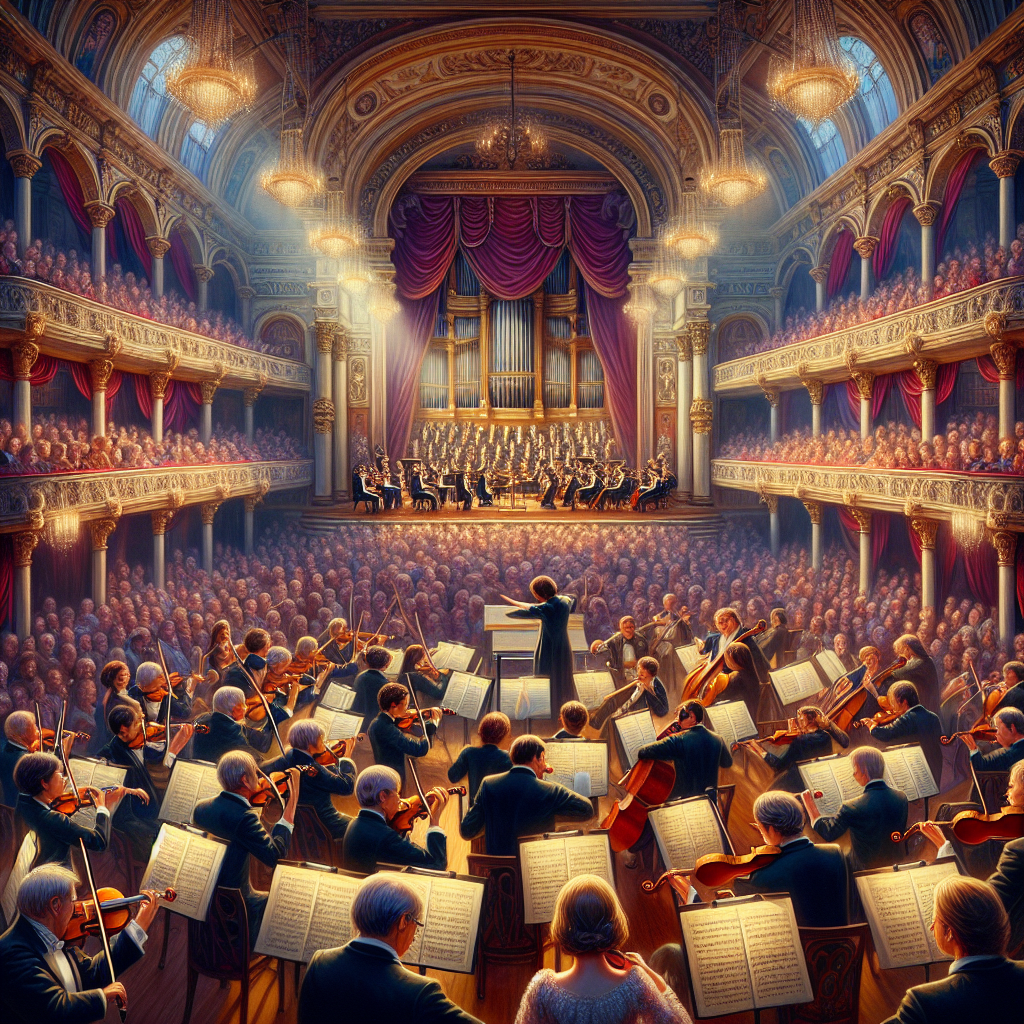Ludwig Van Beethoven, a remarkable composer in the transition period between the Classical and Romantic eras, gave an astonishing contribution to the world of music. His legacy is embodied in a diversified array of compositions including symphonies, concertos, operas, and sonatas. This article will explore some of Beethoven’s most famous sonatas, offering insights on their importance and rendering understanding about the context they were composed in.
Piano Sonata No.8 ‘Pathétique’
Nicknamed ‘Pathétique’, Beethoven’s Piano Sonata No.8 in C minor is often regarded as one of his most celebrated compositions. Flourished in 1798, it’s the first sonata composed by Beethoven to be published under his own name. The sonata as a whole represents the duality of human nature, oscillating between tumultuous strife and serenity. Its opening movement, Grave – Allegro di molto e con brio, exudes a dramatic and sorrowful air, while the sublime melodies of the second movement, Adagio cantabile, portray a sense of calm and tranquillity.
Piano Sonata No.14 ‘Sonata quasi una fantasia’
Popularly known as the ‘Moonlight Sonata’, Piano Sonata No.14 in C Sharp minor is one of Beethoven’s most beloved works. Although the name Moonlight Sonata wasn’t given by Beethoven himself, it fits the sonata’s melancholic and dreamy character. The first movement, Adagio sostenuto, with its unvarying, arpeggiated, triple-meter rhythm, mimics an accompaniment to an absent melody. Meanwhile, the final movement, Presto agitato, is a stormy and passionate counterpart to the serene first movement.
Piano Sonata No.21 ‘Waldstein’
Named after Beethoven’s friend and patron Count Ferdinand Ernst Gabriel von Waldstein, Piano Sonata No.21 ‘Waldstein’ exhibits Beethoven’s technical mastery and innovative spirit. In contrast with his previous sonatas, its emotional depth, structural complexity, and the extensive use of the sustain pedal mark a departure from the classical style, ushering the sonata into the realm of Romantic music.
Piano Sonata No.23 ‘Appassionata’
‘Appassionata’, Beethoven’s Piano Sonata No.23 in F minor, is renowned for the fire, the drama and the passion that pervades it. The name ‘Appassionata’, meaning ‘passionate’ in Italian, perfectly captures the sonata’s outer movements that are exceptionally stormy and arduous. The first movement Allegro assai reveals intense emotion and restless energy, the second movement Andante con moto represents emotional introspection while the closing movement Allegro ma non troppo – Presto exhibits explosive vibrations.
Conclusion
These are just a few examples of Beethoven’s contributions to the sonata genre. Each sonata provided is a masterpiece in its own right, showcasing Beethoven’s superior compositional skills and innovative spirit. Each masterpiece tells a story and illustrates the depth of Beethoven’s passion, creativity, and musical genius.
FAQs
Q1: Why is Beethoven’s music still popular today?
Beethoven’s music is still popular due to its emotional depth, innovative forms, and technical mastery. His compositions continue to inspire listeners with their timeless themes and profound messages.
Q2: What is Beethoven known for?
Beethoven is known for being one of the pivotal composers in the transition from the Classical to the Romantic eras in Western art music. Among his most famous works are his nine symphonies, his 32 piano sonatas, and his 16 string quartets.
Q3: Why is the ‘Moonlight Sonata’ so popular?
The ‘Moonlight Sonata’ is popular for its haunting, almost ethereal quality. Its simple yet intense melodic lines evoke strong emotional responses, making it a favorite among audiences worldwide.
Q4: What inspired Beethoven to write his sonatas?
Beethoven drew inspiration from a variety of sources, including his personal experiences, his philosophical beliefs, his patrons, and his deep immersion in the musical traditions of his time.
Q5: How has Beethoven influenced music?
Beethoven greatly influenced music by pushing the boundaries of musical form, introducing new harmonic structures, and expanding the emotional depth and expressiveness of music. His works laid the foundation for the development of Romantic music.




